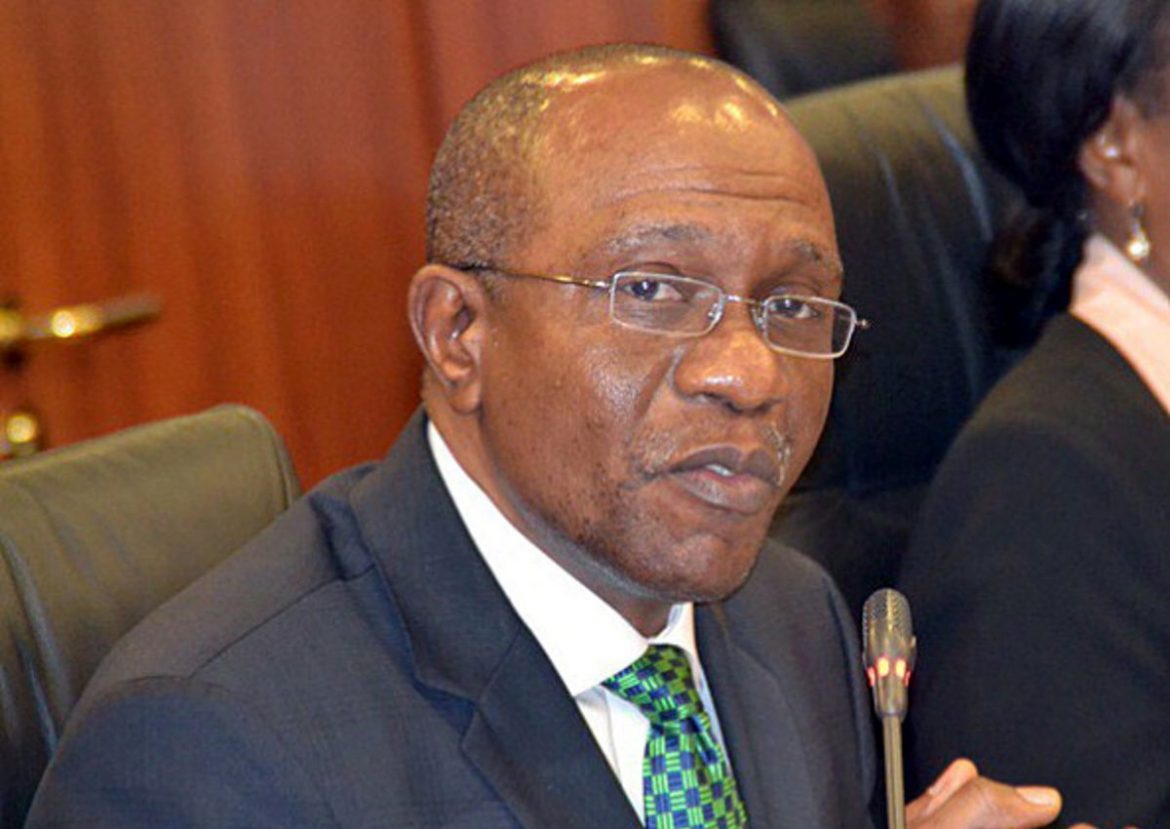Nigeria will float its embattled naira currency, the Central Bank governor
announced Wednesday after months of pressure to control a spiraling crisis
in Africa’s biggest economy.
Gov. Godwin. Emefiele told reporters the naira rate will be “market-driven”
from June 20.
Critical foreign currency shortages caused by slumping oil prices forced a
policy change that President Muhammadu Buhari for months had resisted. The
bank had defended the naira at a rate of 197 to the dollar while the
currency was trading at up to 370 on the parallel market .
“They have to accept reality at some point after a period of denial,” said
Ayo Teriba, CEO of Economic Associates consultancy. Companies were unhappy
with the government forcing them to exchange their imported foreign
exchange at the low fixed rate and, when they needed to buy some, use the
parallel market at the much higher rate, he told The Associated Press.
Emefiele indicated a floating naira should get rid of speculators.
There will be only one exchange rate in “an open, transparent system,” he
said.
Companies have gone bust, tens of thousands of workers have lost their
jobs and militant attacks have shrunk oil production as Nigeria’s economy
contracted for the first time in nearly 20 years.
Companies with naira earnings that the government has refused to allow
them to repatriate will take a hit. International airlines are holding the
equivalent of $600 million at the old exchange rate, according to the
International Air Transport Association.
Analysts warn of expected interest rate hikes to tackle double-digit
inflation.
“These actions are a down payment on our people’s ability to succeed,”
Buhari, under pressure to devalue since his March 2015 election, wrote
Wednesday in The Wall Street Journal.
“Longstanding structural imbalances and overdependence on imports have
been cruelly exposed,” Buhari wrote. “We are an oil-rich nation that
imports most of our gasoline. We are a farming nation that imports most of
our basic food staples.”
Many Nigerians criticized the delay. “And they finally float the Naira, 9
months late. It will take us 2 years to recover from this unnecessary
stubbornness,” one said on social media.
But Kevin Daly of Aberdeen Asset Management said he was “pleasantly
surprised.” Many had expected the government to devalue, but not enough.
He said it remained to be seen what the government can do to provide
liquidity with foreign currency reserves some $10 billion below the
published figure of $26 billion.
The gap between the value of exports and imports will decide the new naira
rate, Teriba said.
Daly said the weakened naira would fuel inflation but “this is the price
they have to pay for a failed policy … which has been like a noose round
the neck of Nigeria’s economy.”



